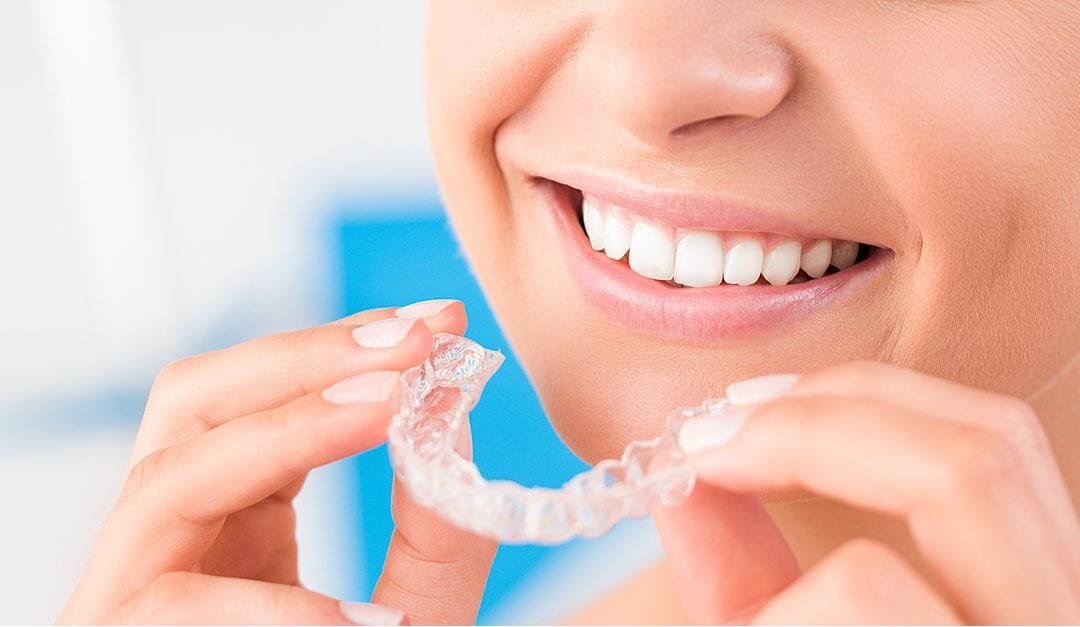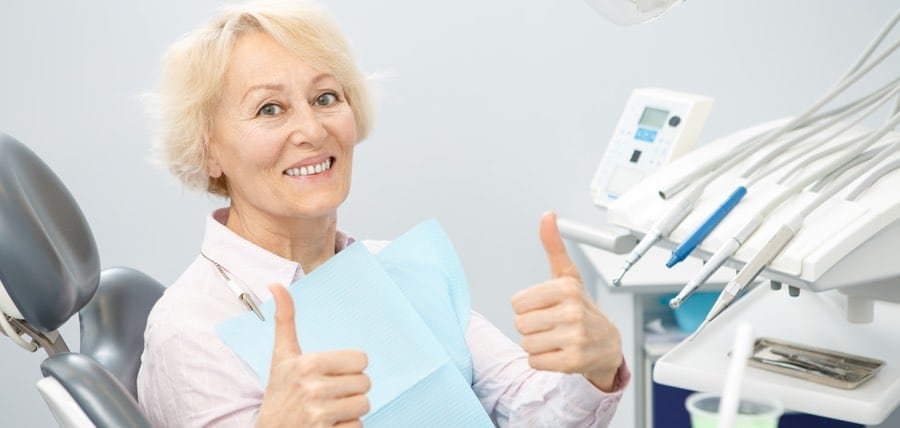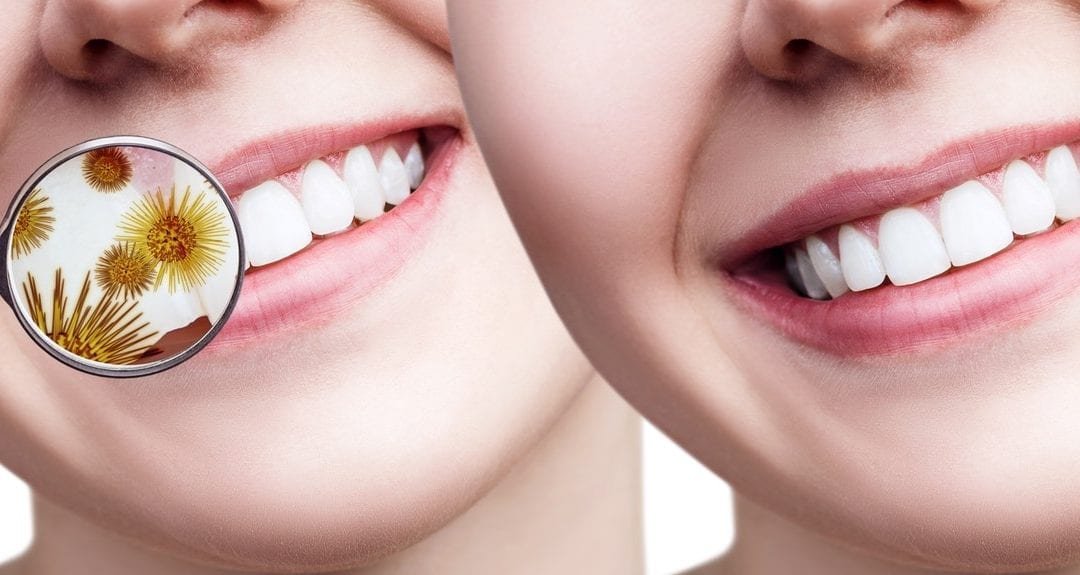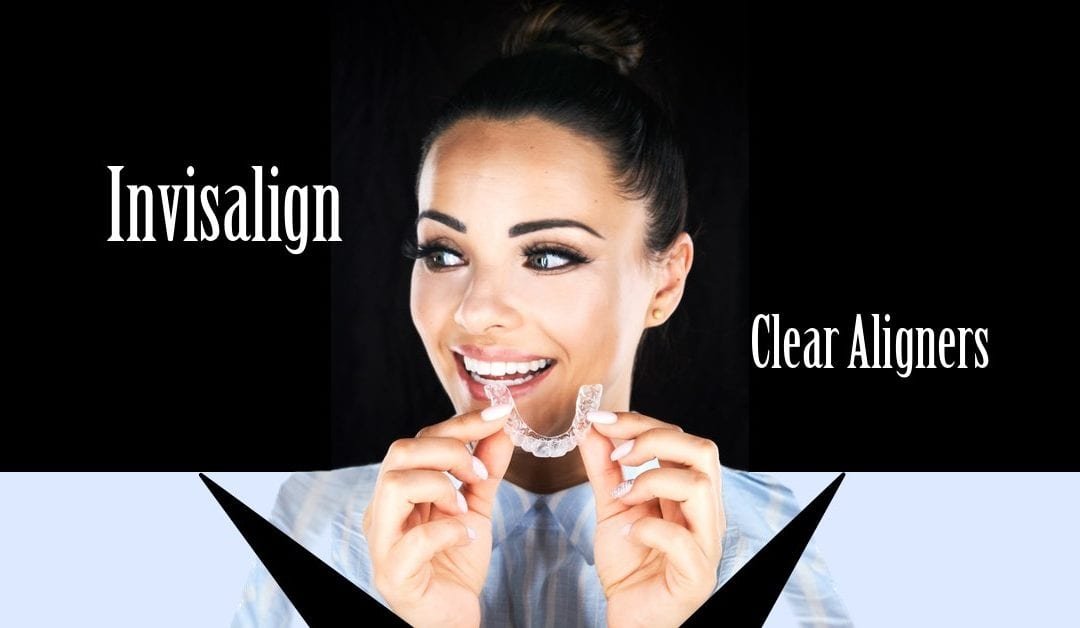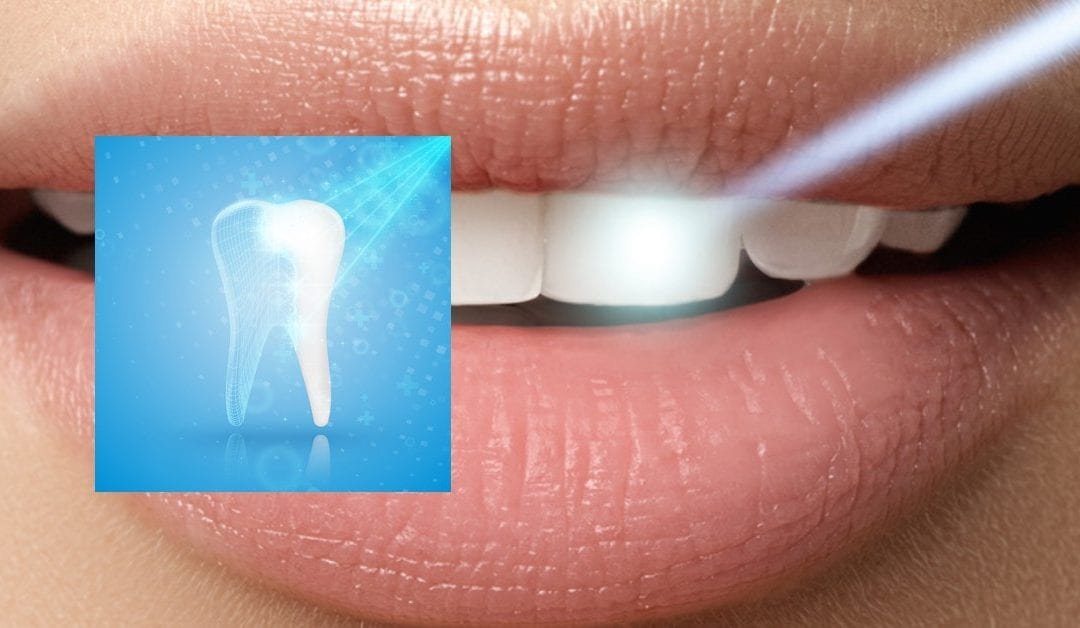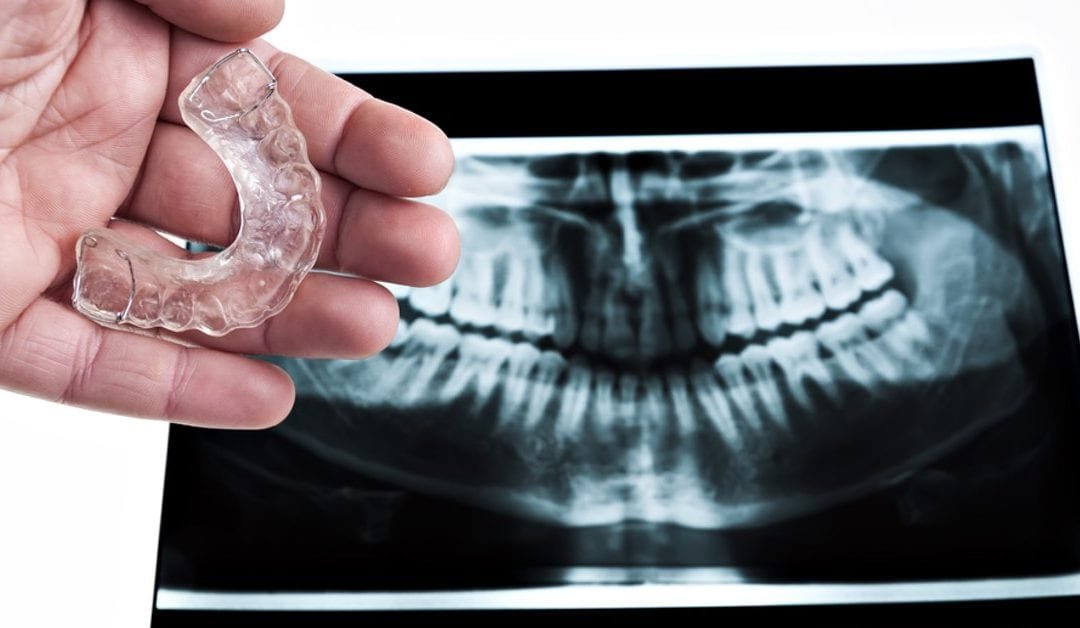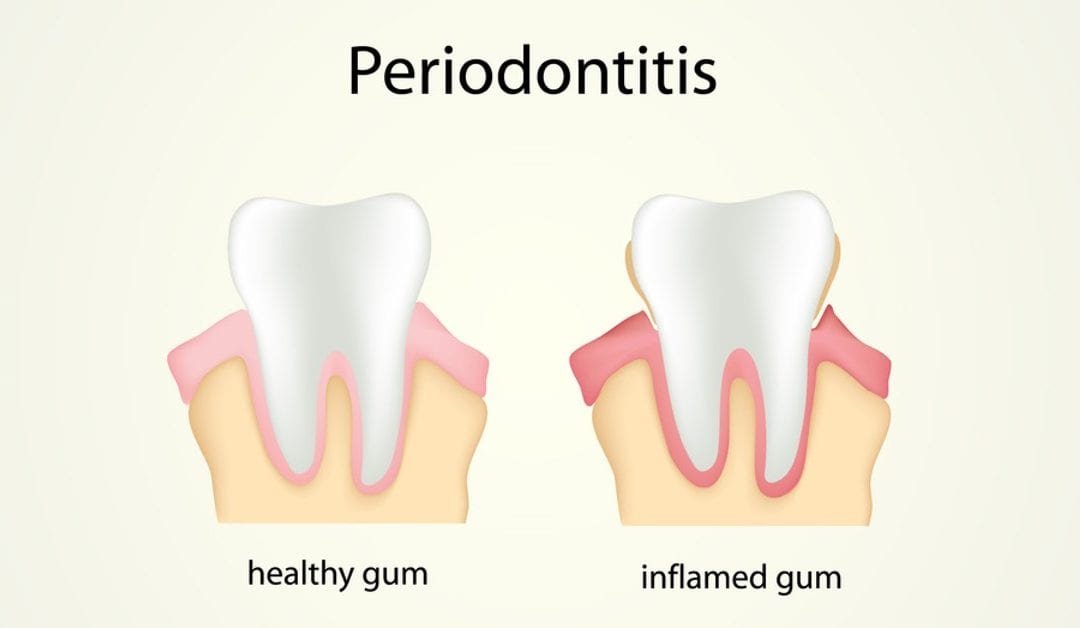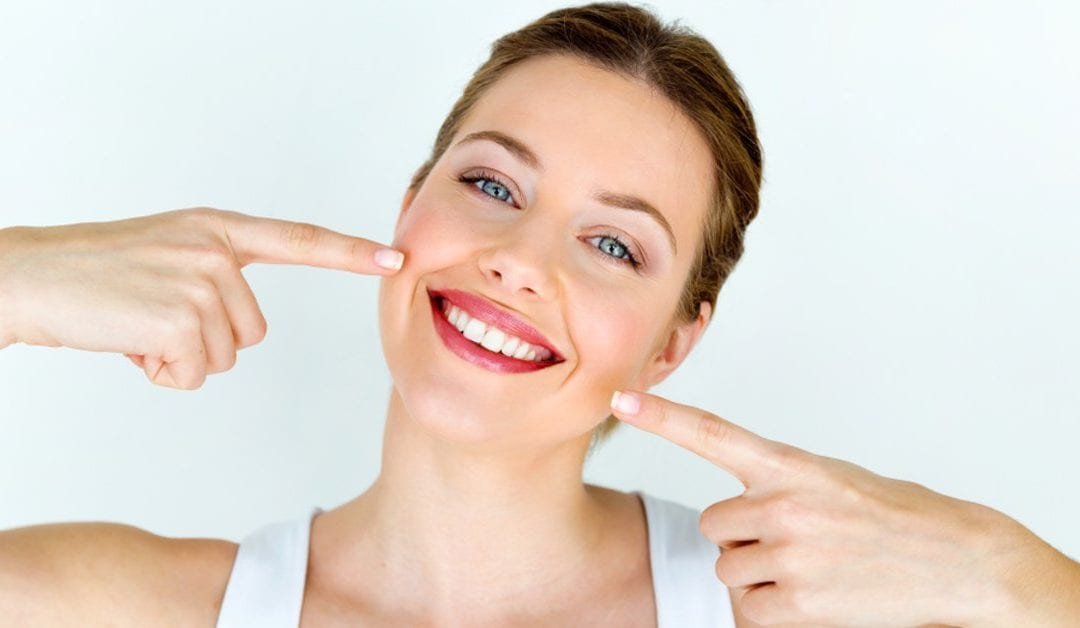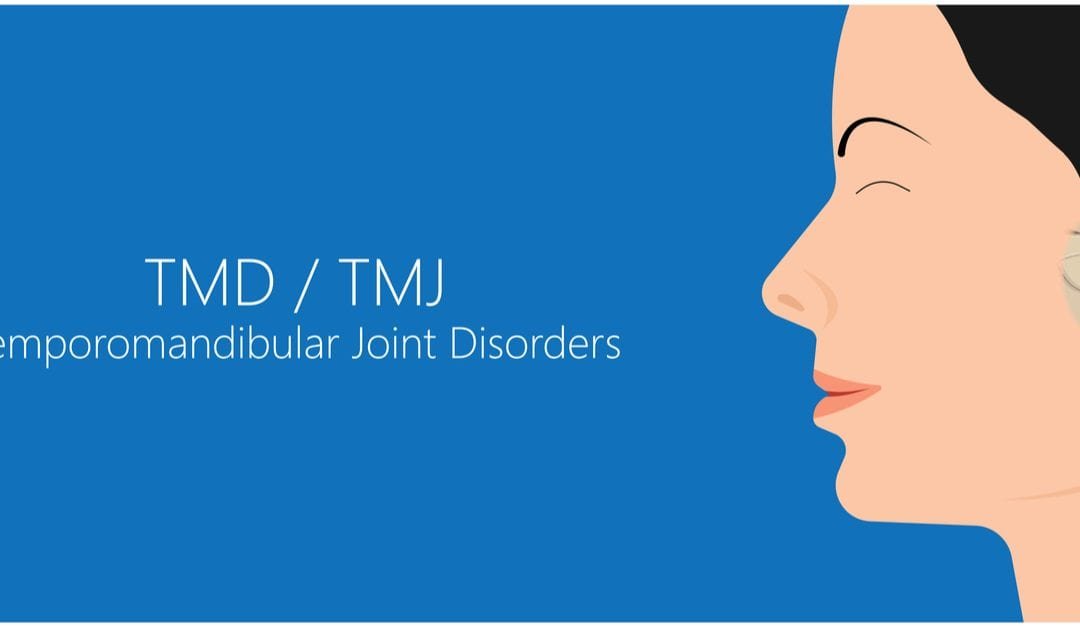Habits That May Be Harming Your Teeth
You may be wondering what weakens your teeth, and the answer may surprise you. Sticky, sugary foods are not the only enemies of our teeth. It is sometimes our thoughtless habits that can do the most damage to teeth in the long run. Instead of just sugar and acidic foods, we also should worry about damaging teeth through wear and tear.
Most people think the only way of harming your teeth is poor dental hygiene and guzzling sugary drinks and candies. This couldn’t be farther from the truth. Many of the normal and common habits we practice with our teeth can cause them more harm in the long run.
7 Bad Teeth Habits
1. Nail biting – Fingernails are keratin, the same material used in animals to create horns and claws. They are created to be hard and useful for prying things open. By biting down on this hard substance time and time again, we can easily cause the tips of our teeth to wear down. This also hurts the jaw because it can cause misalignment and pain.
2. Chewing Ice Cubes, Pencils, or Objects – Our mouths were made to eat food. Using them as tools to tear paper, packaging, or to grind ice cubes wears them down as it is not their original intended purpose. Leave your teeth to food and find the proper tools to use on plastic, paper, and other items. A common nervous tick is chewing on pencils and pens. This isn’t a good thing because the number of bacteria that the pens carry is now being introduced to your mouth’s ecosystem.
3. Over-brushing – Over-brushing or brushing too hard is not a quicker or faster way to clean your teeth. It only irritates the teeth and gums and makes them more sensitive. Make sure you brush at a moderate rate gently for as long as needed.
4. Grinding or Clenching – Most people grind or clench their teeth unconsciously either when stressed, concentrating, or in their sleep. For sleep grinders, a mouthguard can help save your teeth from wearing down. If you are awake while doing it, you have to consciously work at stopping it or it can cause misalignment, loss of tooth enamel, and tension headaches.
5. Over-Snacking – Constantly chewing on food exhausts your saliva glands so, after a while, they stop being as efficient at removing and breaking down food from your teeth. It’s best to eat on a schedule of 3 meals and 2 snacks per day. This helps your body save its energy for the larger quantities of food. Eating balanced meals will also help you feel full longer and help you nip the incessant snacking during that day.
6. Smoking – Smoking is terrible for your teeth. You introduce all kinds of toxins to your mouth that can turn into cancers or diseases. It stains your teeth and causes bad breath to be a recurring issue. The quicker your quit, your teeth (and your health) will thank you.
7. No Mouthguards in Sports – So many children play hands-on sports without accurate mouth protection. Older teenagers and adults should especially find this important because they aren’t just knocking out baby teeth anymore. Once a tooth is knocked out or damaged, the dentist will try to salvage if possible, but if a tooth extraction is needed, you’ll need a crown or implant put in. So it is important to protect children’s teeth with mouthguards that are properly fitted.
Bad habits that ruin your teeth are more common than you realize. To make sure you aren’t hurting your teeth, take a day and notice everything you actually use your teeth for and make an oath to change any habits that are detrimental to your teeth. Quit smoking, wear your mouthguard and be gentle on your teeth.
Are you ready to drop those bad habits that may be harming your teeth? Are you ready to see a dentist and get on the right path to having healthy and beautiful teeth? Contact Maiden Lane Dental in Manhattan, NY. We have a large practice with a highly experienced, knowledgeable and friendly team. We provide complete family dental care services throughout the entire tri-state area. Our happy patients come from NY, NJ, Brooklyn, & Connecticut just to name a few. We would love to have you join our happy list of patients.




